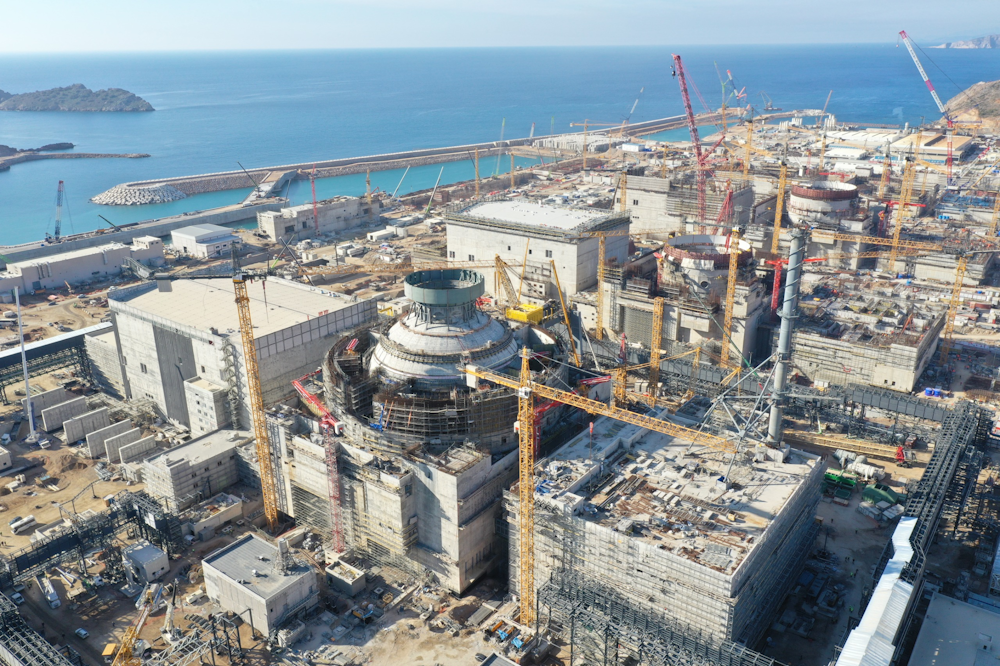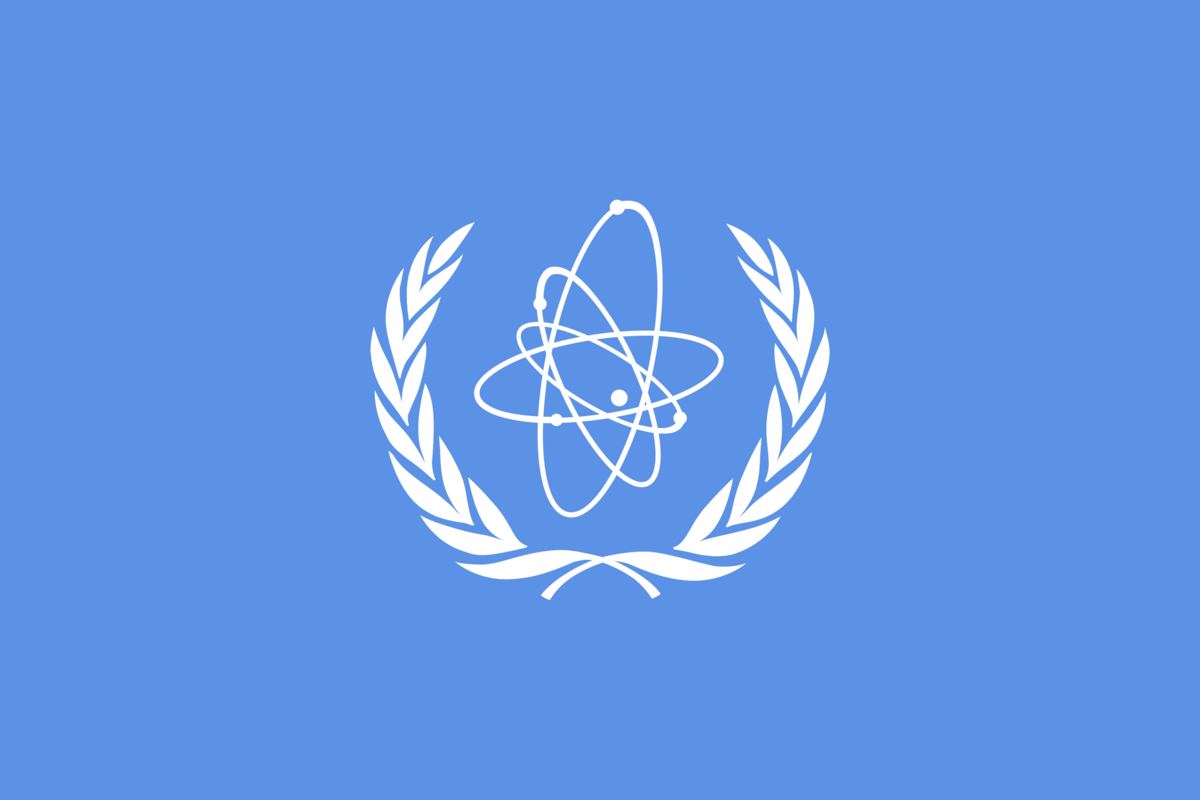Google Secures Power from Future Fusion Energy Plant
Google has signed a strategic investment and power purchase agreement with Commonwealth Fusion Systems (CFS) for 200 MW of electricity from its first commercial fusion energy facility. The ARC plant is planned for construction in Chesterfield County, Virginia.
This agreement marks the largest direct corporate power purchase commitment for fusion energy to date. As part of the partnership, Google has also secured options to purchase electricity from future CFS fusion power plants.
Founded in 2018 as a spin-out from the Massachusetts Institute of Technology (MIT), CFS is developing compact, cost-effective tokamak reactors using high-temperature superconducting magnets created in collaboration with MIT. The company is currently building its SPARC prototype fusion machine at its headquarters in Devens, Massachusetts.
The planned 400 MW ARC facility in Virginia aims to become the world’s first grid-scale fusion power plant, with the goal of supplying electricity to the grid in the early 2030s.
Google, which has been an investor in CFS since 2021, has confirmed a second round of capital investment in the company. Financial details were not disclosed.
“Fusion energy holds enormous potential as a clean, safe, and abundant energy source,” said Michael Terrell, Head of Advanced Energy at Google. “Commercializing fusion is incredibly challenging, but if successful, it could fundamentally change our energy landscape. Our agreement with CFS is intended to accelerate this progress, and includes the option to purchase power from future fusion plants.”
Bob Mumgaard, co-founder and CEO of CFS, emphasized the importance of strategic collaboration: “Fusion energy is now within reach, in part thanks to innovative partners like Google. This agreement is a key step as we prepare to demonstrate net energy gain with SPARC and move toward commercial deployment with ARC.”
The agreement is contingent on the SPARC prototype achieving net energy gain (Q>1), meaning the fusion output exceeds the input energy.
Google is a signatory of the Large Energy Users Pledge, supporting the goal of tripling global nuclear energy capacity by 2050. The company has signed multiple agreements in support of advanced nuclear technologies, including an October 2024 deal with Kairos Power for up to 500 MW from fluoride salt-cooled high-temperature small modular reactors by 2035. It is also backing Elementl Power in developing three potential sites in the United States for future nuclear energy projects.



.jpg)


